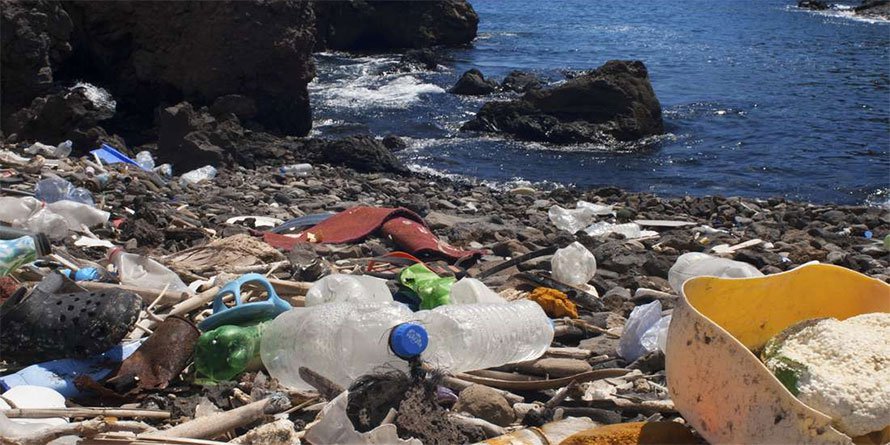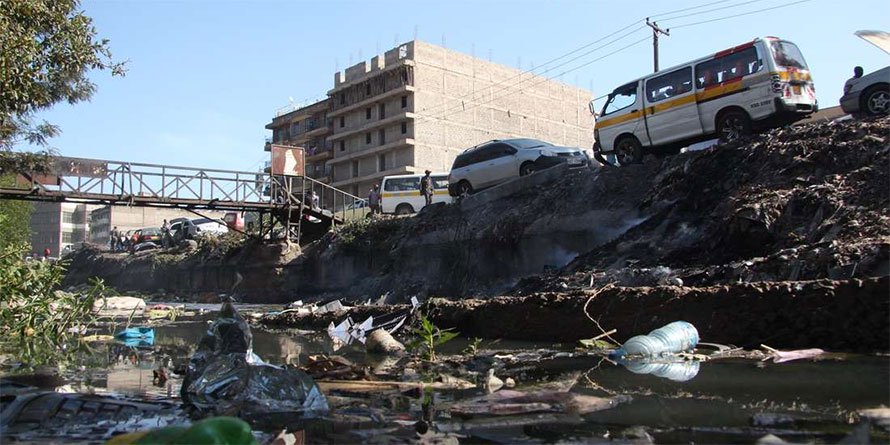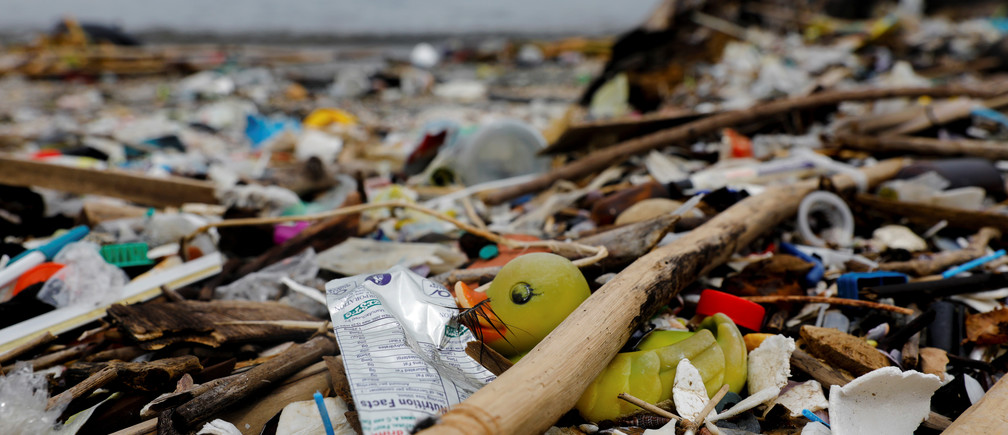The International Maritime Organisation (IMO) has raised concerned over increasing ship pollution in the sea, putting marine life at heightened risk.
An eternal source of wonder and awe, the world's oceans hold the key to all life on Earth, covering 70 percent of the planet, having produced in the course of history half of the world's oxygen and supplying protein for four in every ten of the world's people.
Two years ago Kenya banned the use, manufacture and sale of environmentally harmful single-use plastic carrier bags. This year during the commemoration of the World Environment Day, President Uhuru Kenyatta banned the use of single-use plastics in protected areas which covers national parks, forests, and beaches.
When Cyclone Idai barrelled over the Mozambican port of Beira on the east coast of Africa in March this year, mop-up crews estimated that the record-breaking storm had razed 90% of the city’s infrastructure. Disaster relief teams had barely finished their clean-up when they had to use the patched-up airstrip to launch disaster relief efforts further north as an even stronger storm – Cyclone Kenneth – made landfall in Cabo Delgado province, where winds of 225km/h flattened and partly damaged 80% of homes in the Macomia district, according to Unicef.
Early in the morning, the port of Barcelona is shrouded in darkness and the fishing vessel Bona Mar 2 smells of fried lamb’s liver and onion. It is what Ousmane Tehior, 49, is preparing for breakfast. A seasoned sailor, he has been fishing since he was a child in Senegal.
By now you’ve likely heard this harrowing statistic: by 2050, there will be more plastic in the ocean than fish.






